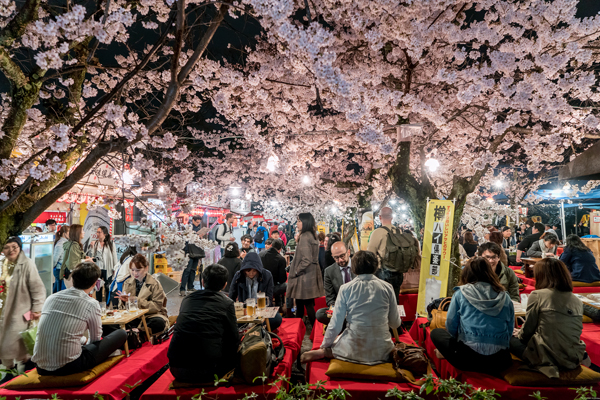
Thinking about moving to Kyoto? Below we highlight some of the pros and cons of living in Kyoto.
Japan, a country known for its rich history, unique culture, and technological advancements, offers a variety of cities to live in, each with its own unique charm. One such city is Kyoto, the former capital of Japan. Known for its beautiful temples, traditional tea houses, and stunning gardens, Kyoto is a city that beautifully blends the old with the new. But like any city, living in Kyoto comes with its own set of pros and cons. Let’s delve into what it’s like to live in this fascinating city.
Pros of Living in Kyoto
One of the biggest advantages of living in Kyoto is the city’s rich cultural heritage. As the former capital of Japan, Kyoto is home to numerous historical sites. For instance, the Kinkaku-ji, a Zen Buddhist temple, is a must-visit for its stunning gold-leaf exterior. Similarly, the Fushimi Inari Shrine, known for its iconic red torii gates, offers a unique spiritual experience. Living in Kyoto means having these world heritage sites right at your doorstep.
Another advantage of living in Kyoto is the city’s commitment to preserving traditional Japanese arts and crafts. Kyoto is known for its traditional tea ceremonies, ikebana (flower arrangement), and kimonos. For instance, the Nishijin Textile Center offers kimono shows and workshops where you can learn about the intricate process of kimono making. Similarly, the Camellia Tea Ceremony offers a chance to experience a traditional Japanese tea ceremony.
Furthermore, Kyoto is a city that values nature. Despite being a city, Kyoto has numerous parks and gardens where residents can enjoy the beauty of nature. The Philosopher’s Path, a scenic walk along a canal lined with hundreds of cherry trees, is a popular spot for locals and tourists alike. Similarly, the Arashiyama Bamboo Grove offers a unique experience of walking through a dense bamboo forest.
Lastly, Kyoto’s food scene is another major advantage. The city is known for its traditional Japanese cuisine, including kaiseki (traditional multi-course meal), yudofu (tofu hot pot), and matcha (green tea) sweets. There are numerous restaurants and cafes throughout the city where you can enjoy these local delicacies. For instance, the Nishiki Market, known as “Kyoto’s Kitchen,” is a popular spot for food lovers.
Cons of Living in Kyoto, Japan
Despite its many advantages, living in Kyoto also has its downsides. One of the biggest challenges is the language barrier. While English is taught in schools, many locals, especially the older generation, do not speak English. This can make everyday tasks like shopping or asking for directions challenging for non-Japanese speakers. However, there are language schools such as the Kyoto Institute of Culture and Language where you can learn Japanese.
Another downside of living in Kyoto is the high cost of living. Rent, utilities, and groceries can be quite expensive compared to other cities in Japan. For instance, a one-bedroom apartment in the city center can cost around 80,000 to 100,000 yen per month. Additionally, dining out at restaurants can also be quite pricey, especially if you’re eating traditional Japanese cuisine.
Furthermore, Kyoto can be quite crowded, especially during peak tourist seasons. Popular tourist spots like the Kinkaku-ji and Fushimi Inari Shrine can be packed with tourists, making it difficult to enjoy the sites. Additionally, the city’s public transportation can also be crowded during these times.
Lastly, while Kyoto has a lot to offer in terms of culture and history, it may not be the best place for those seeking a vibrant nightlife. The city is known for its quiet, peaceful atmosphere, and while there are bars and clubs, they are not as numerous or as lively as those in cities like Tokyo or Osaka.


